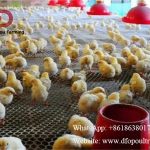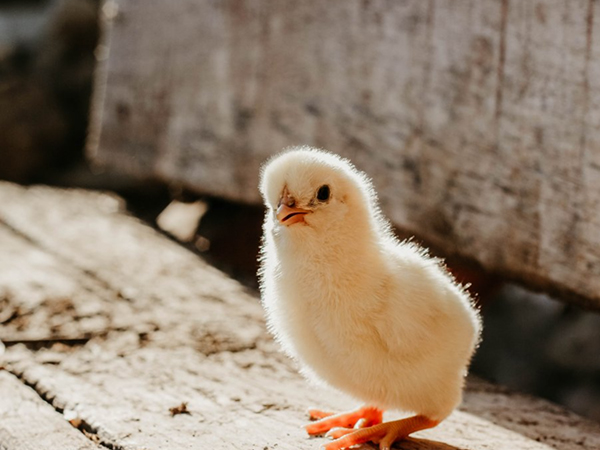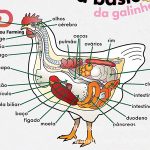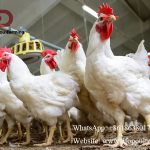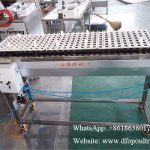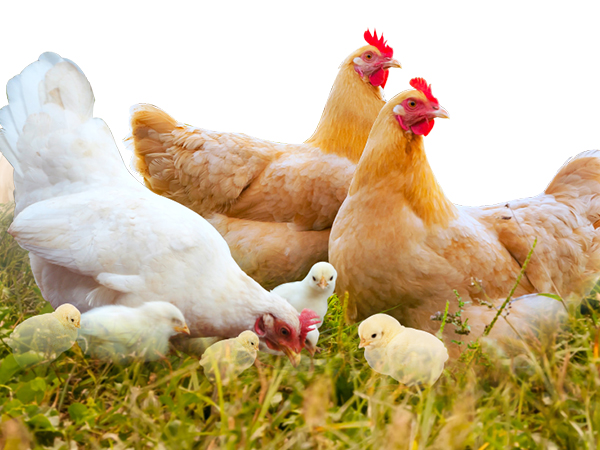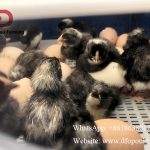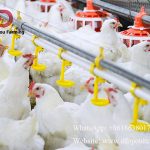The management of laying hens during the peak egg production period
- Vaccination: With the arrival of the rainy season, pathogens and disease-carrying animals and insects thrive and spread, leading to disease outbreaks. Therefore, proper vaccination against relevant diseases should be carried out during the rainy season.
- Disinfection with poultry: In addition to vaccination, it is necessary to use poultry spray disinfection to eliminate sources of infection and prevent disease transmission.
- Temperature and humidity control: The rainy season in the West African region is characterized by unstable temperatures. To avoid compromising the egg production performance of high-yielding hens, it is important to control the temperature and humidity in the poultry house. The temperature should be maintained between 18°C and 25°C, while the humidity should be kept at 55% to 60%. This can be achieved through measures such as heating and insulation or ventilation and cooling.
- Proper lighting: As the natural daylight hours increase, gradually reduce the supplemental lighting to prevent fatigue syndrome and a decrease in egg production due to excessively long lighting periods. It is recommended not to exceed 17 hours of light per day.
- Maintain cleanliness and hygiene: Regularly clean the poultry house and ensure proper sanitation to control the occurrence, spread, and outbreak of diseases. Proper disposal of waste material helps minimize the reproduction of pathogens, secondary infections, and transmission.
- Feeding and egg collection: Feed the hens three times a day at scheduled times to reduce stress, maintain a stable egg production rate, and minimize egg breakage. Collect eggs twice a day, once in the morning and once in the afternoon, during designated time slots.
- Personnel management: Strictly control the entry of personnel and vehicles into the poultry house. External personnel should be prohibited from entering the hen house. If sick birds are identified, they should be promptly diagnosed, treated, or culled according to standard protocols.
If you are a poultry farmer, paying attention to these issues during the peak egg production period can greatly benefit your operation. Additionally, adjusting the body weight, water supply, and feeding management principles of the laying hens based on specific circumstances is also important.

